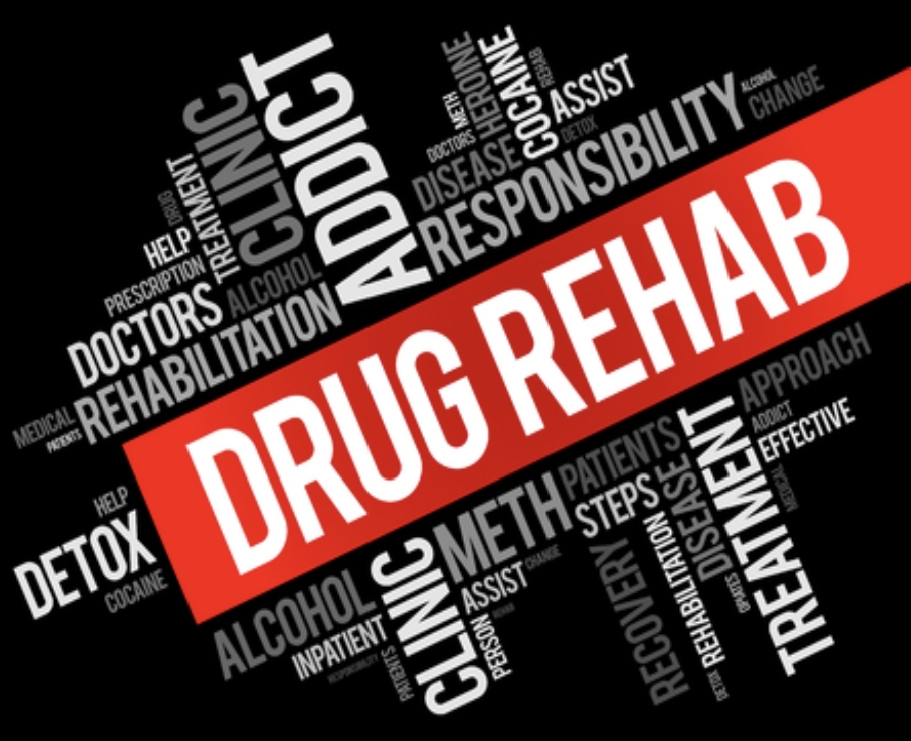Addiction is a complex and multifaceted condition that can affect individuals from all walks of life. While addiction can manifest in various forms, such as substance abuse, gambling, or even technology dependence, there are common risk factors that increase a person’s susceptibility to developing addictive behaviors. By understanding these risk factors and implementing preventive strategies, individuals can reduce their likelihood of falling into addiction and seek appropriate support if needed. In this comprehensive guide, we will delve into the top risk factors for addiction and explore actionable steps to mitigate them, including the role of seeking assistance from drug rehab facilities and addiction centers near you.
1. Genetic Predisposition
One of the most significant risk factors for addiction is genetic predisposition. Research has shown that individuals with a family history of addiction are at a higher risk of developing addictive behaviors themselves. While genetics alone do not determine whether someone will develop an addiction, they can play a significant role in predisposing individuals to addictive tendencies. If you have a family history of addiction, it’s essential to be vigilant and proactive about managing your risk factors.
2. Environmental Influences
Environmental factors, including upbringing, peer influence, and exposure to substances, also contribute to addiction risk. Growing up in an environment where substance abuse is prevalent or being surrounded by peers who engage in addictive behaviors can increase the likelihood of developing addiction. Additionally, exposure to trauma, abuse, or neglect during childhood can significantly impact brain development and increase vulnerability to addiction later in life.
3. Co-occurring Mental Health Disorders
Mental health disorders such as depression, anxiety, bipolar disorder, and PTSD often co-occur with addiction. Individuals struggling with untreated mental health conditions may turn to substances as a way to self-medicate or alleviate symptoms. Conversely, substance abuse can exacerbate underlying mental health issues, creating a harmful cycle of addiction and mental illness. Addressing co-occurring disorders concurrently is crucial for effective addiction treatment and long-term recovery.
4. Early Exposure to Substances
Early exposure to substances, whether through experimentation or prescription drug misuse, is a significant risk factor for addiction. The adolescent brain is particularly vulnerable to the effects of drugs and alcohol, and early substance use can alter brain chemistry and increase the likelihood of developing addictive behaviors later in life. Educating young people about the risks of substance abuse and promoting healthy coping mechanisms can help prevent addiction from taking hold.
5. Social and Peer Pressure
Social and peer pressure can also contribute to addiction risk, especially among adolescents and young adults. The desire to fit in, gain acceptance, or alleviate feelings of social isolation may lead individuals to engage in substance abuse, even if they are aware of the risks. Building resilience, assertiveness, and healthy self-esteem can help individuals resist peer pressure and make positive choices for their well-being.
6. Lack of Coping Skills
Individuals who lack healthy coping skills or struggle to manage stress are more susceptible to addiction. Substance abuse may provide temporary relief from emotional pain or distress, but it often exacerbates underlying issues and leads to further problems. Learning effective coping strategies, such as mindfulness, relaxation techniques, and seeking support from loved ones, can help individuals manage stressors and reduce reliance on addictive substances.
7. Accessibility and Availability of Substances
The accessibility and availability of addictive substances play a significant role in addiction risk. Easy access to alcohol, prescription drugs, illicit drugs, or gambling facilities increases the likelihood of experimentation and regular use. Communities with high levels of substance availability may experience greater rates of addiction and related consequences. Implementing policies and regulations to restrict access to addictive substances can help mitigate this risk factor.
What You Can Do About It
While some risk factors for addiction may be beyond individual control, there are proactive steps that individuals can take to reduce their vulnerability and seek support if needed:
Education and Awareness: Educate yourself and others about the risks of addiction and the factors that contribute to it. Knowledge is a powerful tool for prevention and intervention.
Healthy Lifestyle Choices: Prioritize healthy lifestyle habits, including regular exercise, balanced nutrition, adequate sleep, and stress management techniques. A healthy body and mind are better equipped to resist addictive behaviors.
Seek Support: If you or someone you know is struggling with addiction, don’t hesitate to seek support from drug rehab facility or from a luxury rehab center. These facilities offer comprehensive treatment programs, counseling, and support services to help individuals overcome addiction and rebuild their lives.
Build Strong Relationships: Cultivate supportive relationships with friends, family members, and peers who encourage positive behaviors and discourage substance abuse. Social support is essential for recovery and resilience.
Develop Coping Skills: Learn and practice healthy coping mechanisms to deal with stress, anxiety, and other emotional challenges. Therapy, support groups, and self-help resources can provide valuable tools and strategies for managing cravings and triggers.
Avoid High-Risk Situations: Identify and avoid situations or environments that may trigger addictive behaviors. Surround yourself with people and activities that promote health, well-being, and personal growth.
Stay Engaged in Treatment: If you’re undergoing addiction treatment, stay engaged in the process and follow through with recommended therapies and interventions. Recovery is a journey that requires commitment, patience, and perseverance.
Conclusion
Addiction is a complex and multifaceted condition influenced by a variety of factors, including genetics, environment, mental health, and social dynamics. By understanding the top risk factors for addiction and taking proactive steps to mitigate them, individuals can reduce their susceptibility to addictive behaviors and seek support if needed. Seeking assistance from drug rehab facilities and addiction centers near you can provide the necessary resources, guidance, and support to overcome addiction and achieve lasting recovery. Remember that you’re not alone in your journey, and help is available for those who seek it. With determination, support, and perseverance, it’s possible to break free from addiction and lead a fulfilling, substance-free life.





